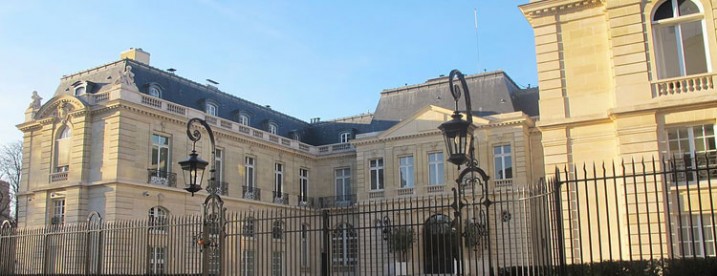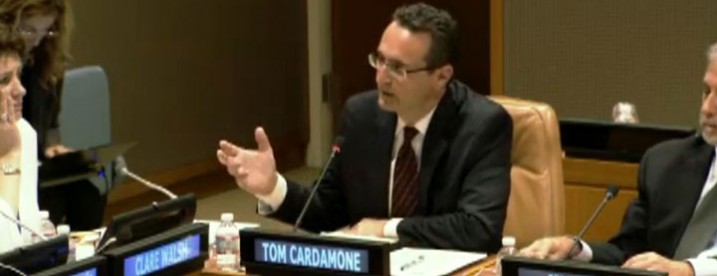Are International Institutions Failing to Grasp the Big Picture on Beneficial Ownership?
By Heather Lowe, October 30, 2014

Everyone Should Be Able to Determine with Whom They Are Doing Business, Writes GFI’s Heather Lowe
On Monday of this week, the Financial Action Task Force (FATF), the body setting international anti-money laundering standards, published new Guidance on Transparency and Beneficial Ownership, detailing a variety of ways in which countries can comply with FATF Recommendations 24 and 25 (which relate to transparency and beneficial ownership of legal persons and arrangements) and sending the message that complaining about the difficulty of compliance is no longer an option. FATF consulted with the Organization for Economic Cooperation and Development (OECD) on this publication, recognizing that identification of the beneficial owners of legal entities and arrangements is not only a money laundering issue, but a fundamental element of the OECD’s new multilateral automatic exchange of financial information. What neither FATF nor the OECD appears to have yet grasped, however, is that beneficial ownership – knowing who is ultimately behind a company – is a matter of sound business practice. Everyone should be able to determine with whom they are doing business.
That lack of understanding was evident on page 21 of the Guidance, where FATF made it clear that it was supportive of countries choosing to create publicly accessible registries for information, as the UK is in the process of creating. FATF stated that:
“although this is not required by the FATF Recommendations, some countries may be able to provide public access to information through a searchable online database.”
The rationale behind this, they say, is that it:
“would increase transparency by allowing greater scrutiny of information by, for example, the civil society, and timely access to information by financial institutions, DNFBPs and overseas authorities.”
While we civil society folks appreciate what appears to be an attempt by FATF to demonstrate that they have heard civil society’s drumbeat on this issue, unfortunately what this shows is that they have not yet understood the variety of reasons for that drumbeat.

